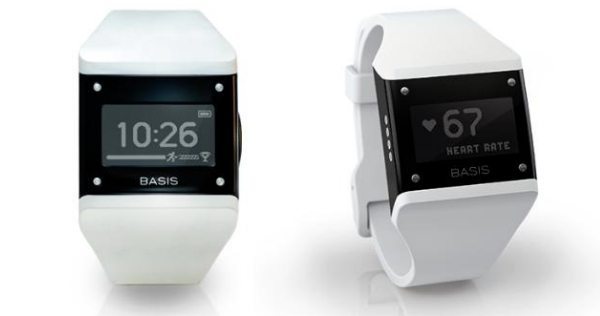Sequans wins contracts for LTE-only modems
LTE-only modems are gaining traction on both sides of the Pacific, with China Telecom announcing today that its upcoming LTE launch will include devices powered by Sequans’ single-mode TD-LTE CPE units. The devices will be made by Chinese manufacturers Datang Mobile and DareGlobal.
Along with Altair, Sequans has been a pioneer in the development of LTE-only modems for tablets and other mobile devices that do not offer voice. Manufacturers can cut costs significantly by not including 3G connectivity. Verizon Wireless’ carrier-branded tablet is powered by Altair’s LTE-only modem. Eventually, LTE-only modems are expected to support voice through voice-over-LTE.
Renesas partners with Express Logic
Renesas is teaming up with Express Logic to offer the chipmaker’s RZ/A1 microprocessors along with Express Logic’s royalty-free realtime operating systems to designers of human-machine interface applications. The solution is called RZ Express.
“Today’s end user expects to manage an embedded device through an intuitive human-machine interface,” said William Lamie, president of Express Logic. “RZ Express provides engineers with the fully-integrated tools they need to design a system that is responsive, powerful and graphically pleasing all within a minimal footprint.”
Renesas’ RZ/A1 microprocessors combine an ARM Cortex A-9 processor with 10 megabytes of on-board RAM. The Japanese company is a provider of flash micro-controllers, and sells RF devices through its California Eastern Laboratories unit. Renesas agreed to sell its LTE chip unit to Broadcom last year.
Intel buys wearable device maker
Intel has struggled to find its footing in the smartphone market, but the chip giant clearly intends to gain a foothold inside the next wave of mobile devices. Last month the company announced plans to buy Basis Science, maker of the Basis wristbands that track health indicators such as heart rate and sleep. TechCrunch reported that the chip giant paid $100 to $150 million.
Intel says that it is actively pursuing a range of products and initiatives with the goal of
accelerating wearable device innovation. Its strategy is to create wearable reference devices, SoCs and other technology platforms ready to be used by customers in development of wearable products.
Texas Instruments targets IoT, mobile payments
TI says its new range extender can provide a seven-fold increase in range when paired with its 2.4 GHz low power RF solutions for ZigBee, 802.15.4, 6LoWPAN and Bluetooth. The SimpleLink CC2592 targets gateways, electric and gas meters, home and building automation, lighting, safety and security systems. The solution is certified for temperatures ranging from -40 to +125 degrees Celsius.
TI also powers the Helix card, a payment card that is meant to unify a user’s credit, loyalty and debit cards onto one piece of plastic. The user scans and stores his cards on his smartphone using the Helix app, and then selects the desired card at checkout. The app sends the card information to the Helix card via Bluetooth, so that it is the only card that needs to be carried.
Follow me on Twitter.

